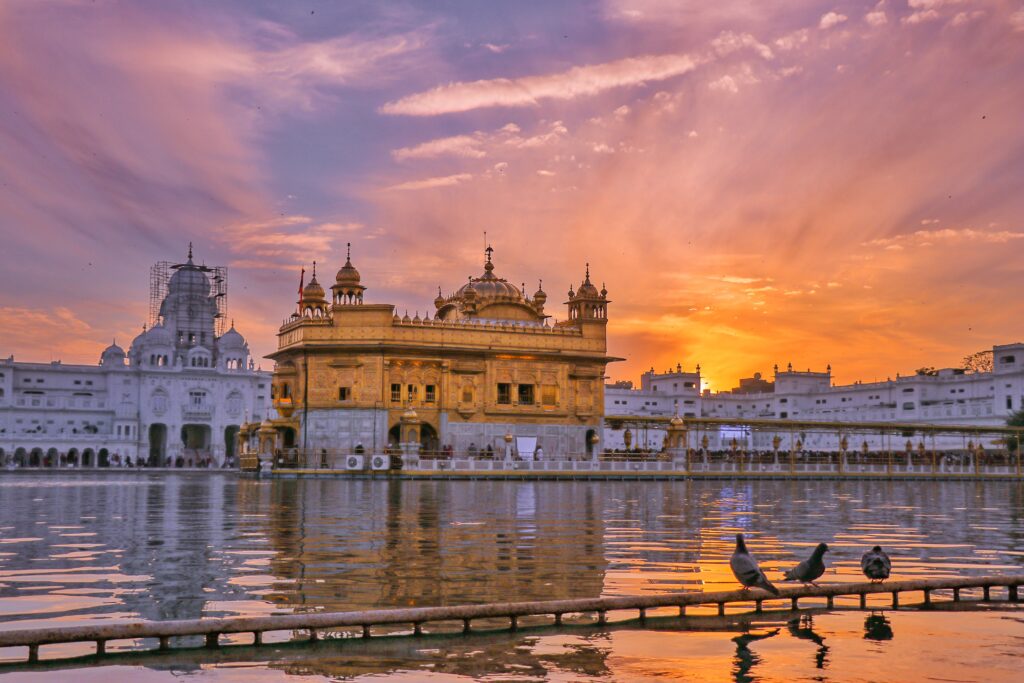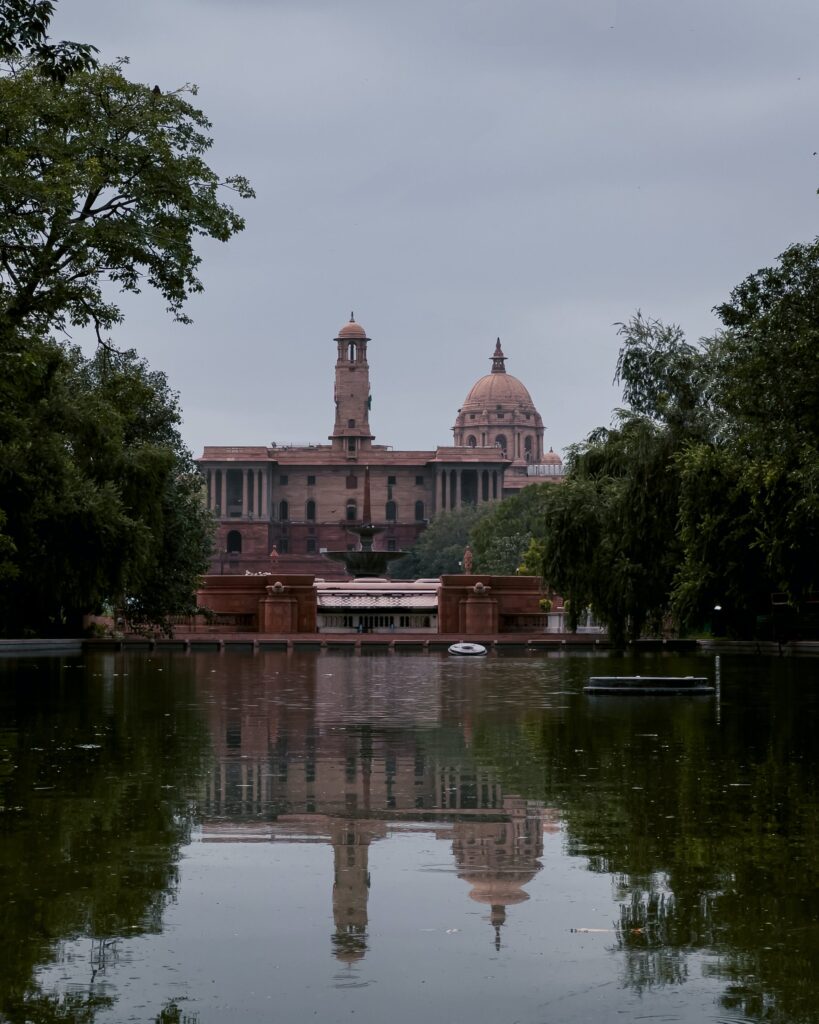The Ram Mandir temple at Ayodhya: Forging harmony or repeating history?
Whilst all attention turns to unrest in the Middle East, the opening of what is considered to be the equivalent of Mecca for Hindus is passing with little opposition from extreme factions in the UK. A site that has been marred with communal unrest, with thousands of lives lost, has often seen activity in Ayodhya pour over into neighbouring states and, indeed, the UK. Is this the moment for resolute peace? Gujarat 2002 saw 790 Muslim and 254 Hindu lives lost and countless families displaced, in a horrific display of retribution and revenge. The catalyst, the burning alive of Hindu families returning on a train from a pilgrimage to the soon-to-be-consecrated site of the Ram Mandir. The contest for possession of the infamous Ayodhya site has claimed thousands of lives, attention now turns to whether Monday’s consecration can be an opportunity for peace or yet another reason for communal unrest. Mass violence over possession really began in1992. The strongly held belief that the site was the birthplace of Lord Ram, making the soon to be Mandir equitable in spiritual significance to Mecca for Muslims, or Bethlehem for Christians, spilt over into violent religious extremism. The violence in India sent ripple effects across the globe including the UK where Hindu temples in Leeds, Sheffield and Derby were set ablaze and numerous Hindu businesses attacked. Since 2002 initiatives to lift people out of poverty and eradicate caste, corruption, and vigilantism have significantly reduced slum communities. Slums in India have historically acted as a society within a society, having within them their own system of judge, jury and executioner. A mixture of bigotry, fear and lack of resources has led police to leave slums to fend for themselves. Nothing was starker than the 2002 riots in demonstrating where such neglect could lead. Ram is a major deity in Hinduism. He is the seventh and one of the most popular avatars of Vishnu. In Rama-centric traditions of Hinduism, he is considered the Supreme Being. Since improvements in police recruitment and training have been made, the initially slum-based violence of 2002 has little chance of repeating. But more than that, there has been a cross-community and cross-political acceptance of the Supreme Court’s judgement, one that unanimously ruled Hindus held the possessory rights over the site and allocated land for the building of a mosque. This respect for the court’s secularly based judgement, combined with a want and will for greater communal harmony, makes the consecration more a mark of peace and reconciliation than a cause for concern. One of the primary Muslim litigants, whose house was burnt down in the 1992 unrest, said at the time of the Supreme Court verdict, “We had said that we will accept whatever the court decides even before the judgment came. We now welcome the verdict. It’s all in the past now. Let’s hope the verdict and construction of the mosque paves way for permanent peace in Ayodhya.” Anwar Hussain, a Muslim artist contributing to the festivities on Monday, expressed hope for permanent peace in Ayodhya, symbolising the potential for coexistence. His sentiment is echoed by many Muslims who see the event as an opportunity for communal harmony. Muslim artists from across the country are supporting the opening and partaking in the festivities; 40 Muslim women are preparing to present Lord Ram with a handcrafted outfit and Gulam Jilani, a Muslim tailor who specialises in making religious ‘Mahaviri’ flags in Jharkhand’s Hazaribagh district, has stitched a flag measuring 40 feet in length and 42 feet in width that will fly from the Mandir. As various communities, including Buddhists, Christians, Sikhs, and Muslims, contribute to the construction of the Ram Mandir, the narrative of inclusivity within diversity takes centre stage. Whilst the communities push for peace extreme fringes on both sides will attempt to peddle divisive narratives. There will be accusations of Hindu supremacism or articulations of a Hindu victory over Muslims. We have seen in recent years how perceptions of Hindu nationalism in India can inspire attacks on Hindus in the UK. In Leicester in 2022 Hindu homes, temples and vehicles were targeted in response to British Islamist claims that “Hindutva terrorists” were threatening Muslims. With Ayodhya’s harrowing history it is likely those intent on sowing Hindu-Muslim division will once again raise their voices, yet not a pip from the typically vociferous 5 Pillars et al. Shakeel Asfar lead a mob of masked Muslim men to protest against a Mandir in Birmingham in 2022, as it planned to host Sadhvi Rithambara, a key agitator in the illegal demolishing of the mosque in 1992. This weekend he has shared content of himself at a pro-Palestine march encouraging the crowd to shout, “from the river to the sea.” British Islamists may indeed be distracted this weekend, but one should be cautious in assuming they are finished with their campaign against British Hindus. The true challenge for both India and the UK lies in steering the narrative away from division towards a shared vision of inclusivity within diversity. As the world watches the formal opening of the most significant Hindu temple, the story that unfolds will determine whether this is a celebration of inclusivity or another chapter in a narrative steeped in violent unrest. While government and communities invest in fostering inclusivity, the answer ultimately lies in the eyes of the beholder and indeed how this chapter is told. For further consultation and media requests, please contact [email protected] To read the ICfS briefing pack on Ram Mandir, please click here.
The Ram Mandir temple at Ayodhya: Forging harmony or repeating history? Read More »







